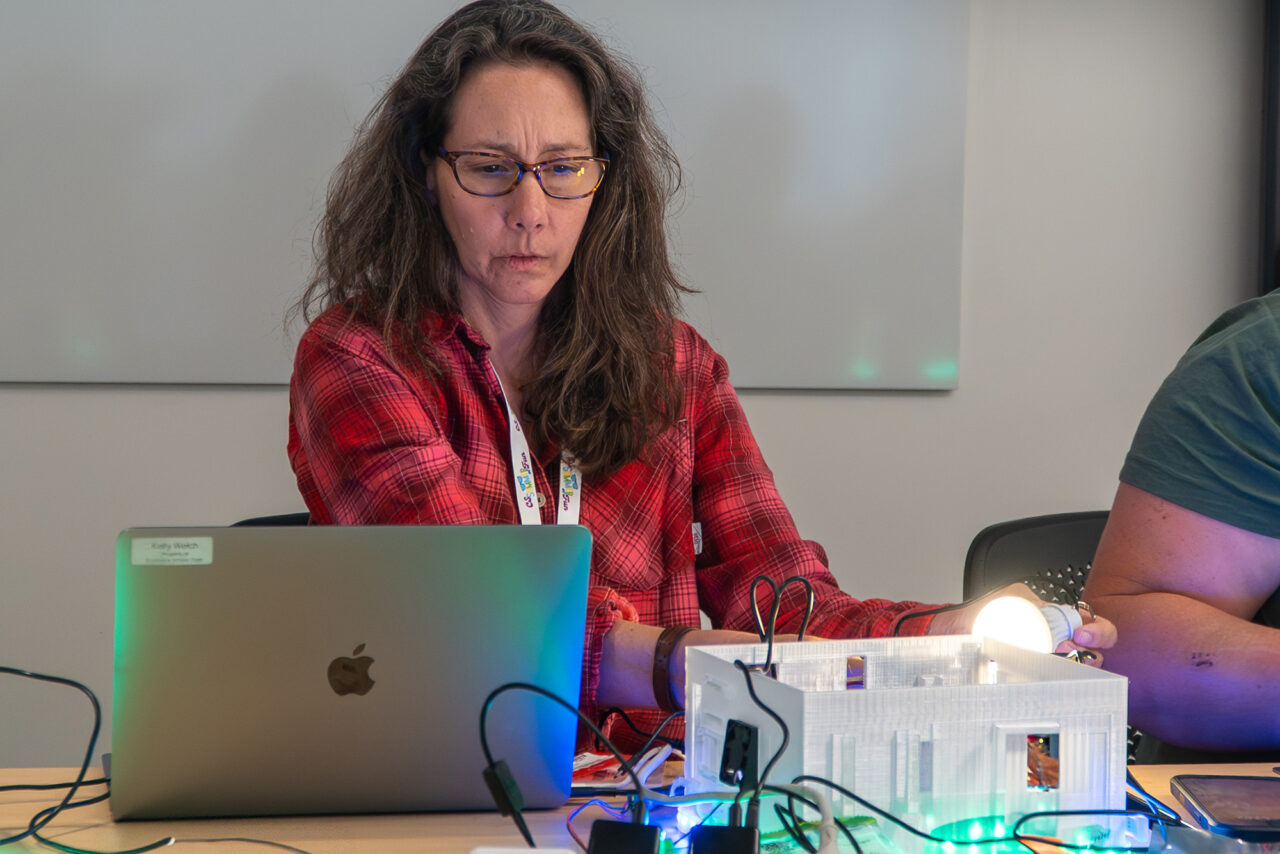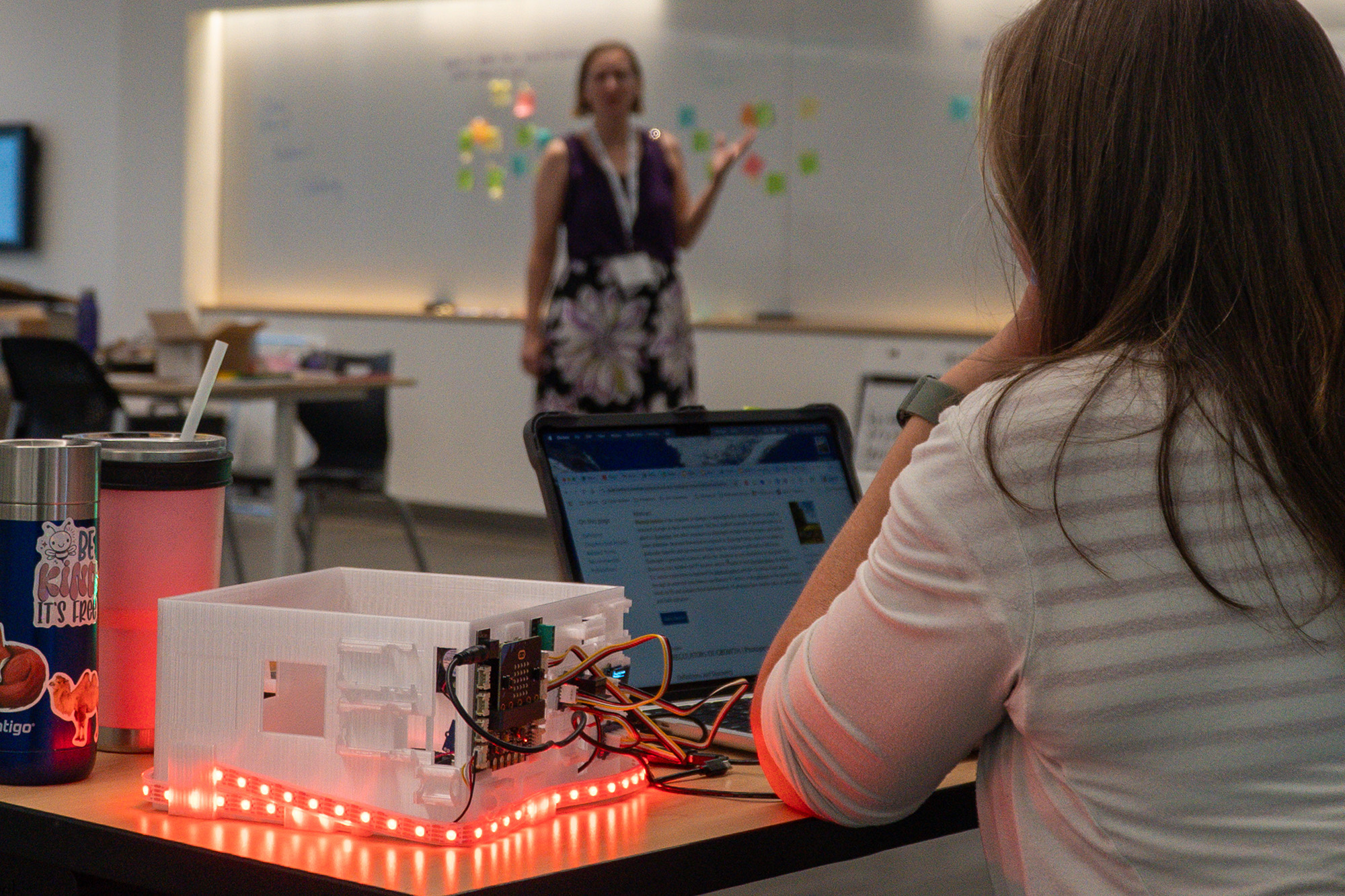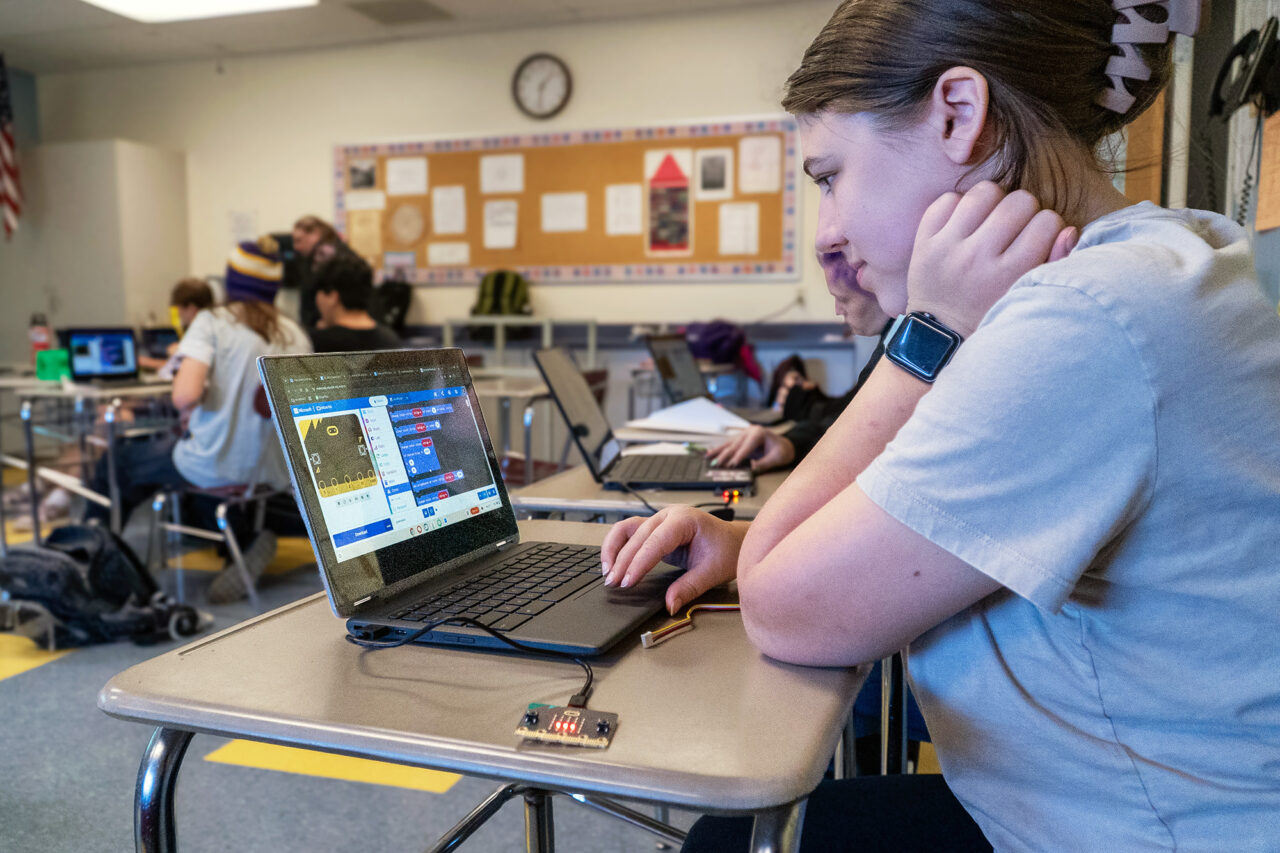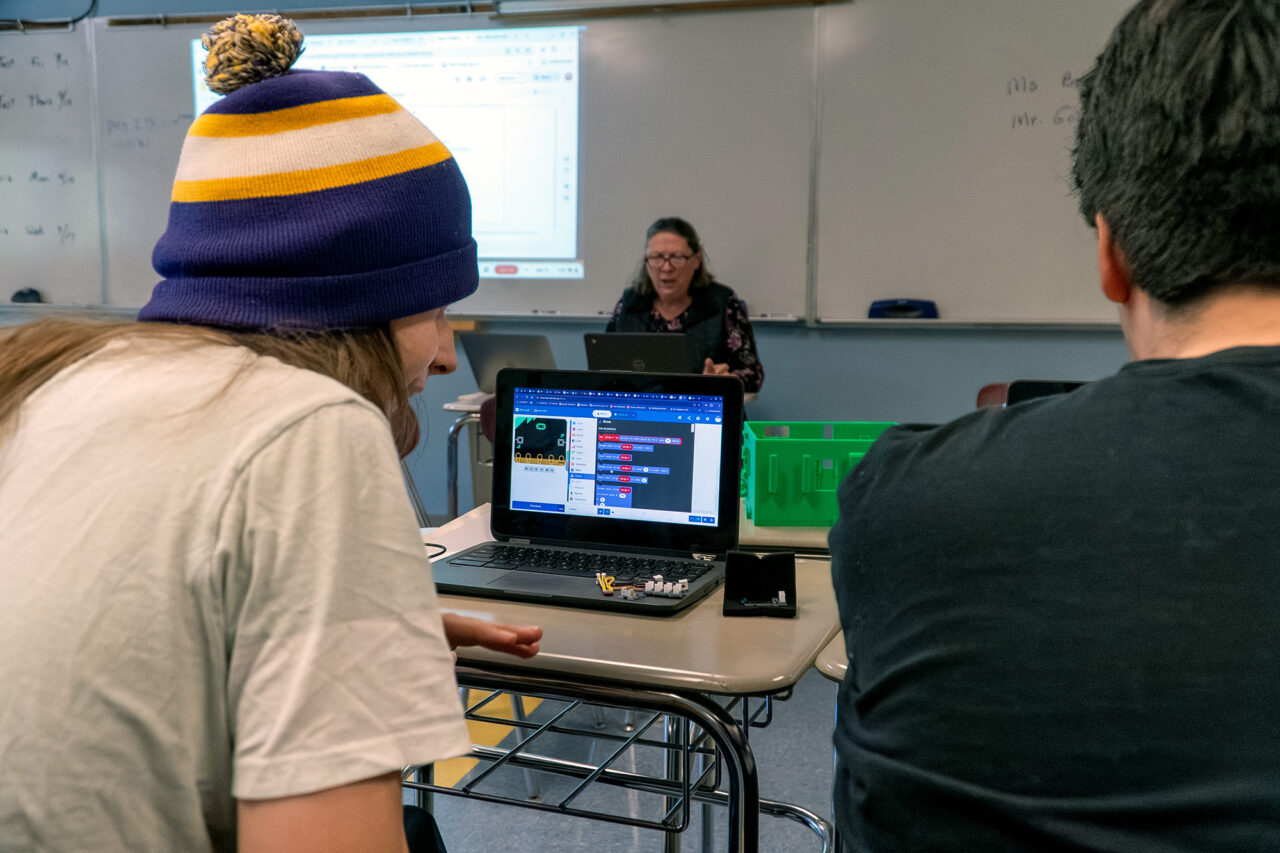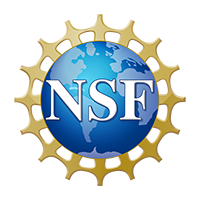Where Plant Science Meets Computer Science
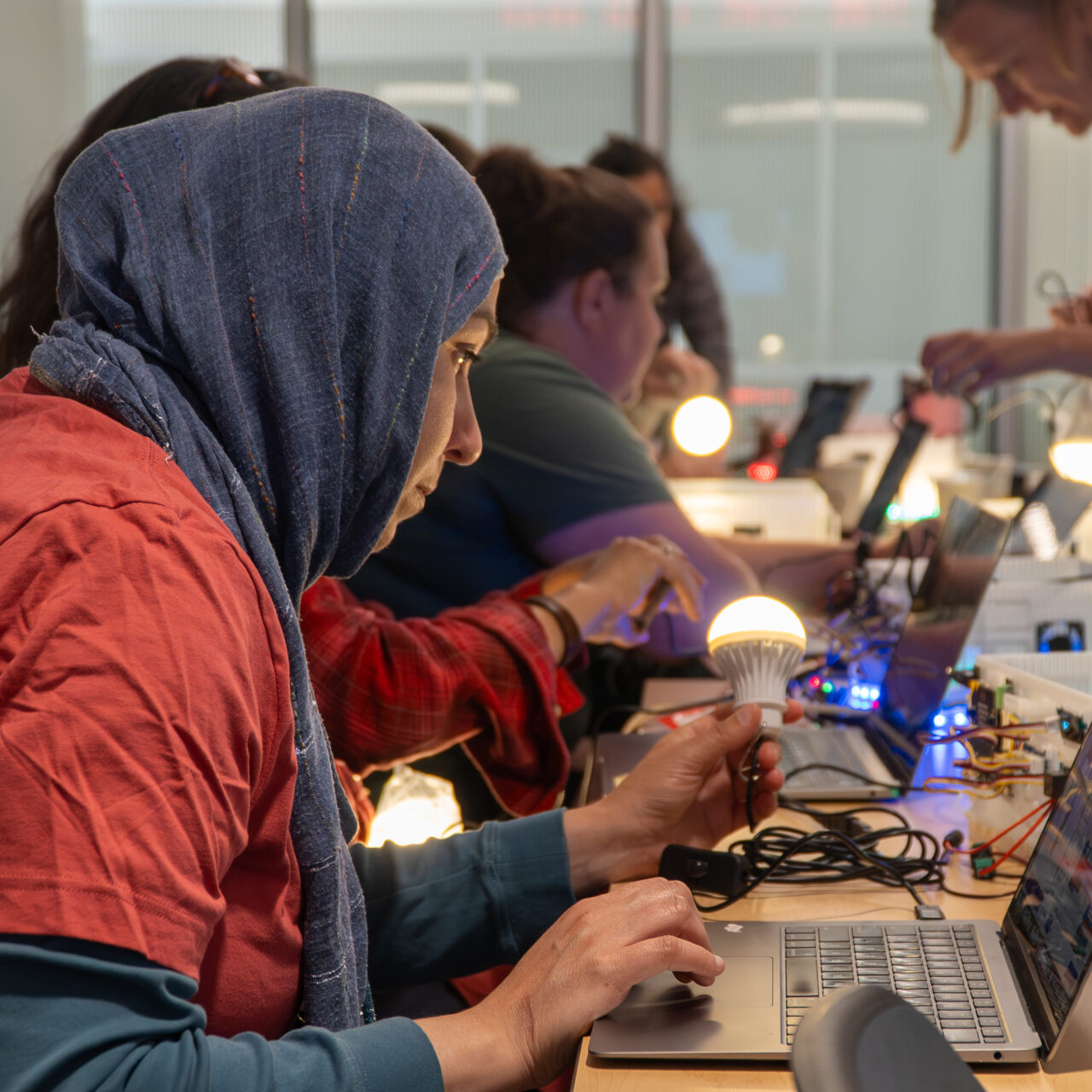
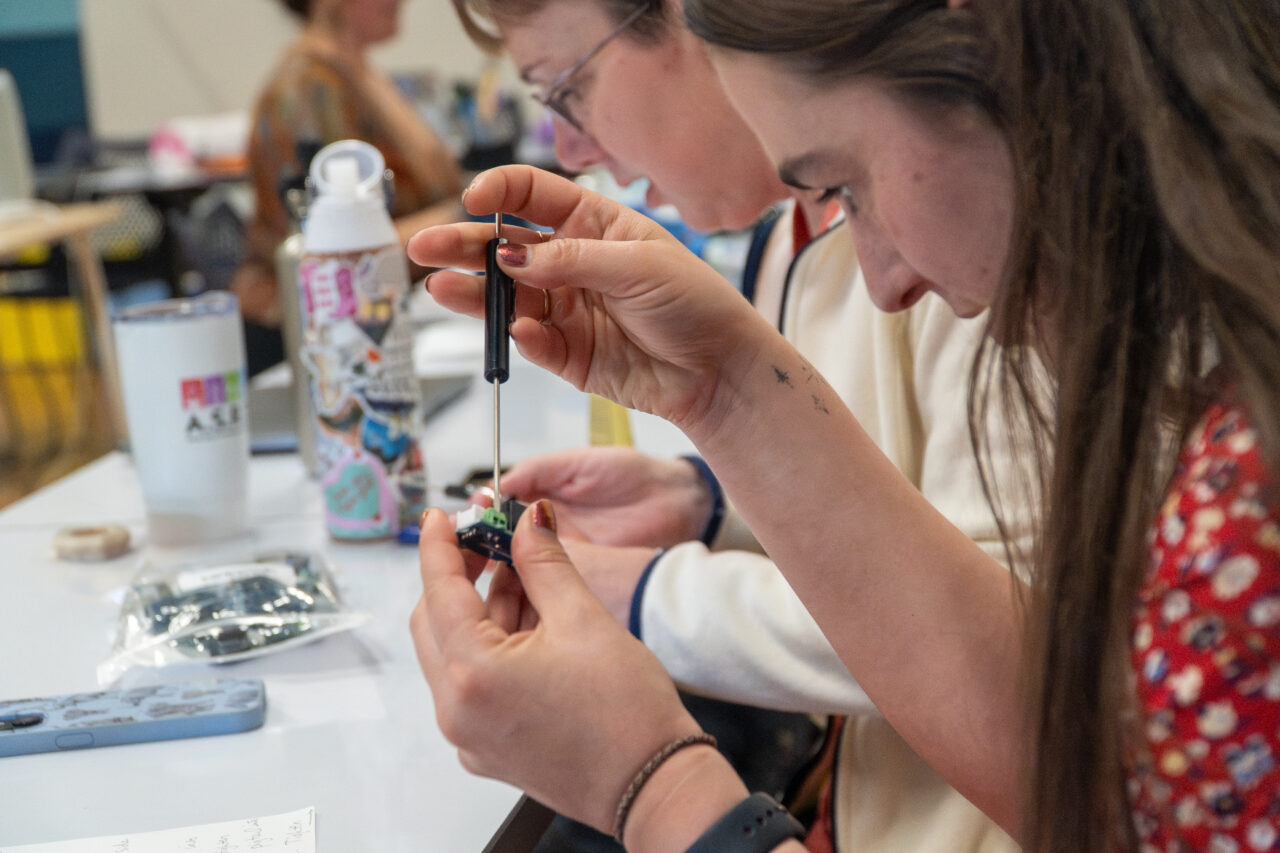
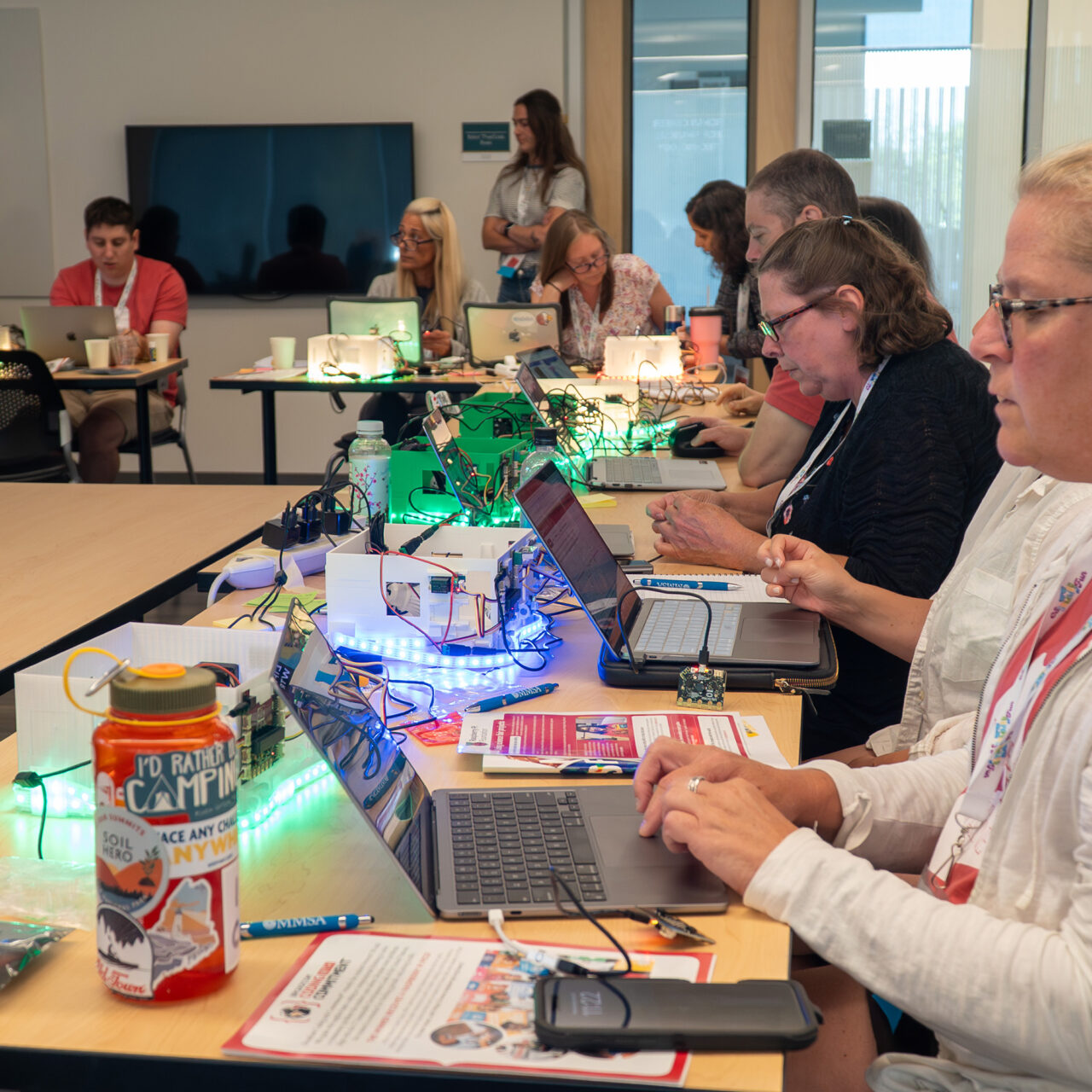
MMSA has embarked on a National Science Foundation (NSF)-funded research collaboration(opens in a new tab) with the Boston College Lynch School of Education and Human Development to bring their Smart Greenhouse curriculum to Maine schools. The curriculum combines plant science and computer science to solve problems and study phenomena in horticulture and related fields. Middle school and high school teachers use the curriculum with their students and adapt it to meet their interests and unique needs.
Seeking Educators to Join the Project!
We’re looking for middle or high school teachers of any STEM discipline to join the Smart Greenhouse’s 2026 – 2027 cohort. The experience kicks off this summer with professional learning and training, then during the next two school years, you’ll implement and adapt the curriculum with FREE greenhouse kits for your classroom and receive our continued support.
Participation Overview
- Complete paperwork by April 30, 2026:
- Participant Agreement
- Letter of Support from School Administrator
- Year 1 (2026-27 School Year)
- Attend Smart Greenhouse Institute, July 20-24, 2026 in Waterville
- Zoom sessions and individual check-ins throughout the school year (~30 hours)
- Implement Smart Greenhouse curriculum with students
- Complete evaluation activities and share curriculum adaptations with Cohort
- Year 2 (2027-28 School Year)
- Attend Smart Greenhouse Institute, date and location TBD, summer 2027
- Zoom sessions and individual check-ins throughout the school year (~30 hours)
- Implement & adapt Smart Greenhouse curriculum with students
Benefits
- Free Smart Greenhouse Institute with breakfast, lunch, and lodging for the week
- Stipend of $400 per day at Institute + mileage reimbursement up to $100
- Additional stipends for ongoing participation in research and follow-up Zoom sessions
- Smart Greenhouse kits to bring back to your classroom
- NGSS-aligned Smart Greenhouse curriculum to use and adapt
- Reimbursement for additional supplies
- Ongoing support from MMSA staff
Apply by March 1, 2026!
About Smart Greenhouses
Smart Greenhouses are desktop structures outfitted with affordable technology. Micro:bit processors, which are tiny computers that can be controlled with block-based coding, are the brains of the operation. Sensors attached to the Micro:bit measure temperature, humidity, CO2, and light levels. Screens and LEDs provide a quick look at the conditions in the greenhouse. Still more tech — including a heater, humidifier, fan, and light bulb — mount on the structure to control the greenhouse environment. The system allows students to collect data and conduct investigations within the mini greenhouse environment while learning about coding, computational thinking, and life science.
MMSA officially kicked off this project at the CS Summer of Fun(opens in a new tab) with a five-day Smart Greenhouse Institute. Participants included 11 educators from multiple disciplines, including traditional sciences and computer science, who work with youth in middle and high school. Since the goal of the project is to teach computational thinking and life science in tandem, this mixed group of educators enriched the learning experience for each other. At the Institute, teachers experienced the very lessons they will do with their students. They returned to their classrooms with all of the materials they needed to set up their Smart Greenhouses. Throughout the school year, MMSA has provided additional professional development and individual support for the educators as their students work with the Smart Greenhouses. Educators, in turn, have taken an active role in adapting the curriculum to meet their needs and the needs of their students.
What is Transdisciplinary Learning?
Computer Science integration happens along a spectrum: on one end, disciplines are taught separately; at the other end, multiple disciplines are applied to answer a unifying question. This latter approach is called Transdisciplinary Learning. In the case of smart greenhouses, Micro:bits provide an approachable entry level into coding, and the sensors and controls allow students to apply what they’re learning about plant science to the mini greenhouse environment.
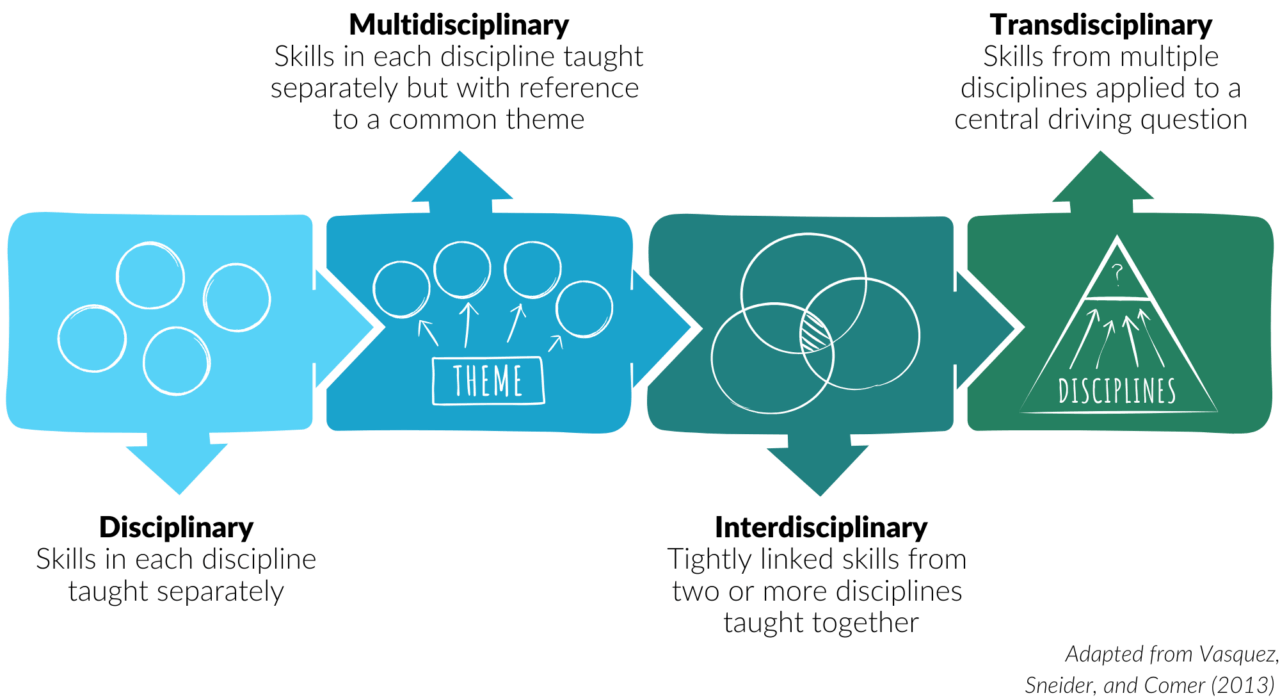
MMSA Project Staff

CS Education Researcher

CS Team Lead
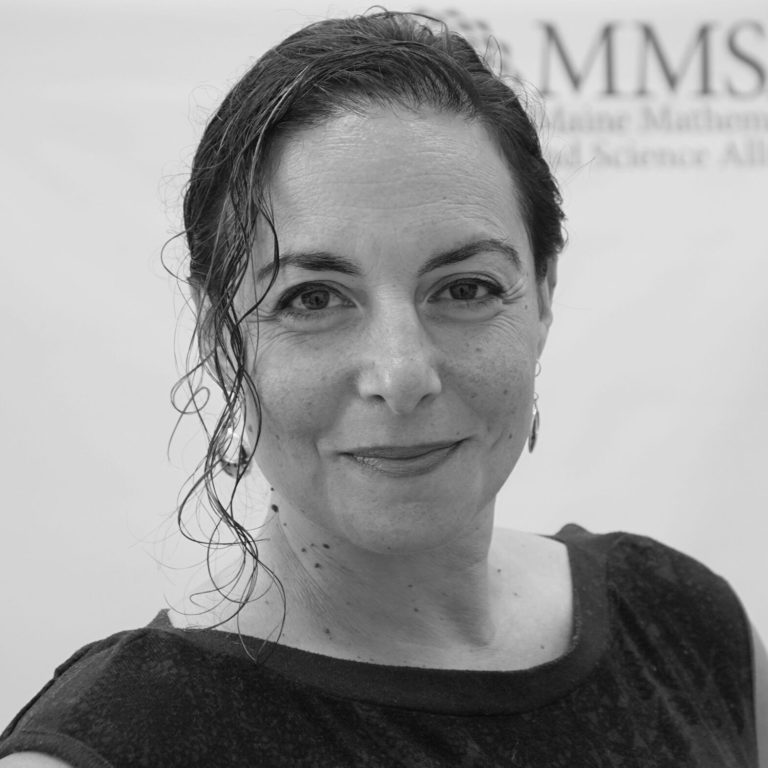
MMSA Executive Director

Programs Assistant

STEM Education Specialist
